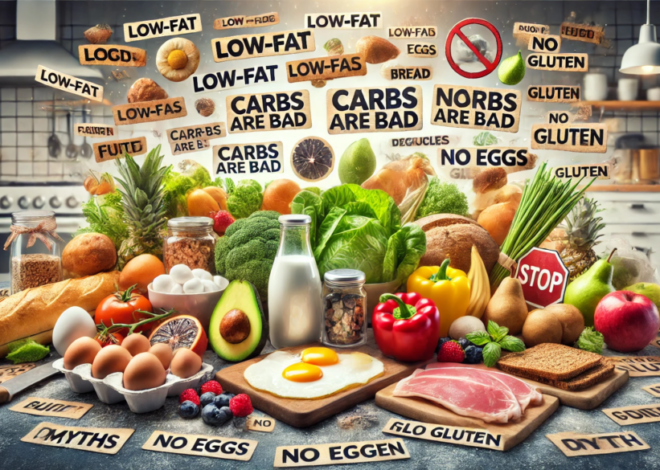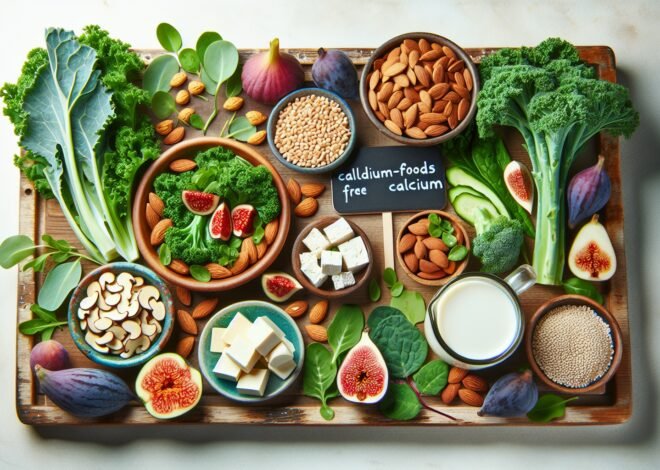
Does Drinking Water Help You Lose Weight? Myth vs Fact
Drinking water for weight loss is a popular topic that sparks curiosity among those looking to shed pounds. Research indicates that drinking water might boost metabolism and suppress appetite. However, is it truly a viable weight loss strategy, or just another myth? This article will explore the facts and misconceptions surrounding water consumption and its impact on weight loss. By examining scientific evidence, case studies, and expert opinions, readers will gain a comprehensive understanding of how water fits into their weight loss journey.
Understanding the Connection Between Water Intake and Weight Loss
Water is essential for various bodily functions and plays a significant role in weight management. Drinking adequate water can support weight loss efforts in multiple ways, from boosting metabolism to aiding in fat burning. Exploring the intricate relationship between water and weight loss can provide insights into how to optimize this simple yet powerful tool for better health.
How Water Boosts Metabolism for Weight Management
Water is a natural catalyst for metabolic processes. It aids in converting stored fat into energy, which is essential for effective weight management. Studies indicate that drinking cold water can increase metabolic rate temporarily. This increase happens as the body works to warm the water to body temperature, expending extra calories in the process.
Adequate hydration is also crucial for kidney function. When water intake is low, the kidneys cannot function optimally, leading the liver to shoulder more work. As the liver is diverted to perform these additional tasks, fat metabolism slows down. Proper hydration keeps the metabolic processes running smoothly, allowing fats to be processed efficiently.
- Enhances calorie burning during rest.
- Supports efficient digestion.
- Facilitates nutrient absorption.
Appetite Suppression: The Role of Water Before Meals
Drinking water before meals can lead to reduced calorie intake. This appetite-suppressing effect helps with weight control by making you feel fuller, reducing the temptation to overeat. A glass of water before a meal fills the stomach partly, signaling to the brain that you’re less hungry.
A study highlighted that individuals who drank water before meals lost more weight compared to those who didn’t. This simple habit can significantly impact daily caloric intake, aiding in consistent weight management. Drinking water 30 minutes before meals can also help with digestion and nutrient absorption.
Importance of Proper Hydration in Facilitating Fat Burning
Fat burning, or lipolysis, requires water as a vital component. Water molecules are involved in the breakdown of fats through a process known as hydrolysis. Without adequate water, the body struggles to metabolize stored fat into fatty acids and glycerol.
Additionally, staying hydrated helps maintain muscle function and joint health, promoting better physical performance. This improved performance enables more intense workouts, leading to increased fat burning. Consistent hydration levels ensure that these fat-burning processes occur without interruption, supporting sustained weight loss.
Debunking Myths About Water Consumption and Losing Weight
There are often misconceptions surrounding water’s role in weight loss. While it’s true that water can aid in weight management, it’s crucial to understand its capabilities and limitations. Dispelling myths can help set realistic expectations and encourage a holistic approach to health.
Does Drinking More Water Directly Cause Weight Loss?
Drinking water alone does not directly cause weight loss. It serves as a facilitator in the complex processes of weight management. While water can suppress appetite and boost metabolism, weight loss requires a combination of dietary and lifestyle changes.
Relying solely on increased water intake for weight loss can lead to disappointment. Instead, combining adequate hydration with a balanced diet and regular exercise produces the best results. Water supports these efforts by enhancing metabolic functions and reducing unnecessary calorie consumption.
The Influence of Water on Caloric Intake and Expenditure
Water influences both caloric intake and expenditure. By drinking water before meals, the perception of fullness can lead to lower calorie consumption. This simple adjustment contributes to a calorie deficit, which is essential for weight loss.
In terms of caloric expenditure, water-induced thermogenesis plays a role in burning calories. Consuming cold water slightly increases energy expenditure as the body warms the water. However, this effect is modest and should be viewed as a supplementary benefit rather than a primary strategy.
Separating Fact from Fiction: Water Alone vs. Balanced Diet
Water is a crucial component of a healthy lifestyle but cannot replace the need for a balanced diet. Proper nutrition provides essential nutrients and energy required for bodily functions and weight maintenance.
It’s important to integrate water as part of a comprehensive weight management strategy. Combining hydration with nutrient-dense foods and regular physical activity enhances overall wellness. Understanding this balance prevents unrealistic expectations and promotes sustainable health practices.
Practical Tips to Incorporate More Water for Effective Weight Loss
Incorporating more water into your daily routine can be seamless and rewarding. Simple strategies can ensure consistent hydration, enhancing weight loss efforts. Explore these practical tips to make water an integral part of your lifestyle.
Optimal Times to Drink Water for Enhanced Weight Loss
Timing your water intake can maximize its benefits. Drinking water upon waking helps kickstart metabolism. Consuming water before meals aids in appetite control. Sip throughout the day to maintain hydration levels.
- Morning: Rehydrate after sleep.
- Pre-Meal: Reduce calorie intake.
- Pre-Workout: Enhance performance.
- Post-Workout: Replenish fluids.
Creative Ways to Stay Hydrated Without Overconsumption
Staying hydrated doesn’t mean overconsuming plain water. Infuse water with fruits or herbs for a refreshing twist. Consume water-rich foods like cucumbers, watermelon, and oranges to supplement fluid intake.
Utilizing technology can also help track hydration levels. Smart water bottles and apps remind you to drink water consistently. Small, frequent sips are often more effective than large quantities at once, ensuring the body absorbs the water efficiently.
Recognizing the Signs of Adequate Hydration for Health Benefits
Adequate hydration is reflected in various bodily signs. Clear, pale urine typically indicates proper hydration. Feeling energized and not experiencing frequent headaches are also positive indicators.
Be mindful of factors that influence hydration needs, such as climate and physical activity levels. Listen to your body’s signals to adjust water intake accordingly. Proper hydration supports not only weight loss but overall health and vitality.
Conclusion
Drinking water can help boost metabolism and increase the feeling of fullness, which may support weight loss efforts. Consuming water before meals can reduce calorie intake by promoting a feeling of satiety. Staying hydrated helps the body efficiently burn fat and use energy during physical activities. Replacing calorie-laden beverages with water reduces overall calorie consumption. Adequate water intake aids in the expulsion of waste, facilitating a better weight management process.
FAQ
How does drinking water aid in weight loss?
Drinking water helps boost metabolism, cleanse the body of waste, and acts as an appetite suppressant. Staying hydrated can prevent overeating since the body often confuses thirst with hunger.
Can drinking water before meals help with reducing calorie intake?
Yes, consuming water before meals can lead to a sense of fullness, reducing hunger and helping consume fewer calories during meals. This simple habit can aid in weight management.
How much water should I drink daily for effective weight loss?
The general recommendation is to drink at least 8-10 glasses (about 2 liters) of water per day. However, individual needs vary based on factors like activity level, climate, and body weight.
Is there a specific time to drink water for maximizing weight loss benefits?
Drinking water before meals can maximize weight loss benefits by enhancing satiety. Additionally, sipping water throughout the day keeps metabolism active and supports efficient bodily functions.
Can drinking cold water boost metabolism and promote weight loss?
Cold water can slightly increase metabolism as the body works to warm the water to body temperature. This slight boost may contribute to calorie burning, though the impact is minimal.
How does increased water consumption impact fat burning and weight loss?
Increased water intake supports fat loss by promoting efficient breakdown of fats for energy. Hydration aids metabolic processes, which are crucial for burning stored fat and achieving weight loss goals.











